You've determined that you are better off having a financial advisor help you with your investments and to achieve your financial goals. In your research you have come across the term or title Certified Financial Planner, or CFP. What is a CFP and should you hire a financial planner who is a CFP?
What is a CFP?
A Certified Financial Planner (CFP) is a professional who has undergone rigorous training and met specific educational and ethical standards set by the Certified Financial Planner Board of Standards (CFP Board).
To become a CFP, an individual must complete a comprehensive course of study in financial planning, pass a rigorous examination, and have several years of relevant work experience. In addition, CFPs must adhere to a strict code of ethics and ongoing continuing education requirements to maintain their certification.
CFPs are trained to provide holistic financial planning advice to individuals and families, including investment planning, retirement planning, tax planning, estate planning, and risk management. They can also provide guidance on other financial issues, such as budgeting, debt management, and insurance.
Hiring a CFP can be beneficial for those who want comprehensive financial planning advice and guidance from a professional who has met high standards of competency and ethics.
Should I Avoid Hiring a Financial Planner Who is Not a CFP?
It's not necessarily the case that someone should avoid hiring a financial planner who is not a Certified Financial Planner (CFP) in all cases. However, there are some potential risks or downsides to consider when working with a non-CFP financial planner:
- Lack of standardized education and training: Unlike CFPs, non-CFP financial planners may not have undergone a standardized course of education and training in financial planning. This can make it difficult to determine their level of expertise and competency.
- Potential conflicts of interest: Non-CFP financial planners may not be held to the same fiduciary standard as CFPs, meaning they may not be required to act in their clients' best interests at all times. This can create potential conflicts of interest that may not be in the client's best interest.
- Limited scope of services: Non-CFP financial planners may have a limited scope of services or areas of expertise. For example, they may specialize in a specific type of investment or financial product, but may not have the same breadth of knowledge as a CFP when it comes to comprehensive financial planning.
- Lack of ongoing education requirements: Unlike CFPs, non-CFP financial planners may not be required to complete ongoing education requirements to maintain their certification or license. This means they may not stay up-to-date with the latest trends and developments in the financial planning industry.
Overall, it's important to carefully consider the qualifications and expertise of any financial planner before hiring them. While not all non-CFP financial planners are necessarily bad, working with a CFP can provide an added level of assurance that you are working with a qualified and ethical financial planning professional who has your best interests in mind.
Why You Should Hire a CFP
There are several reasons why someone may choose to hire a financial planner who is a Certified Financial Planner (CFP) versus one who is not:
- Demonstrated competency: CFPs have undergone rigorous education and training in financial planning, as well as met experience and ethical requirements set by the CFP Board. This means that they have demonstrated a high level of competency and expertise in financial planning.
- Fiduciary duty: CFPs are held to a fiduciary standard, which means they are required to act in their clients' best interests at all times. This is a higher standard of care than the suitability standard that non-CFP financial planners may be held to.
- Comprehensive financial planning: CFPs are trained to provide comprehensive financial planning advice that takes into account all aspects of a client's financial situation. This can include investment planning, retirement planning, tax planning, estate planning, and risk management.
- Ongoing education: CFPs are required to complete continuing education requirements to maintain their certification. This means that they stay up-to-date with the latest trends and developments in the financial planning industry.
Overall, hiring a CFP can provide clients with the peace of mind that they are working with a qualified, ethical, and knowledgeable financial planning professional who has their best interests at heart.
As a CERTIFIED FINANCIAL PLANNER™, Escient Financial's Mike Halper has the expertise to help you get your finances on the path to a prosperous future before and during retirement. If you would like more information, feel free to...
This content is developed from sources believed to be providing accurate information. The information in this material is not intended as investment, tax, or legal advice. It may not be used for the purpose of avoiding any federal tax penalties. Please consult legal or tax professionals for specific information regarding your individual situation. The opinions expressed and material provided are for general information, and should not be considered a solicitation for the purchase or sale of any security. Digital assets and cryptocurrencies are highly volatile and could present an increased risk to an investors portfolio. The future of digital assets and cryptocurrencies is uncertain and highly speculative and should be considered only by investors willing and able to take on the risk and potentially endure substantial loss. Nothing in this content is to be considered advice to purchase or invest in digital assets or cryptocurrencies.
Enjoying Escient Financial’s Insights?
The weekly newsletter is usually delivered to your email inbox Friday or Saturday, and includes:
- the latest Escient Financial Insights articles
- a brief of the week's important news regarding the markets
- recommended third-party reads
- selected Picture of the Week
Escient Financial does NOT sell subscriber information. Your name, email address, and phone number will be kept private.

















